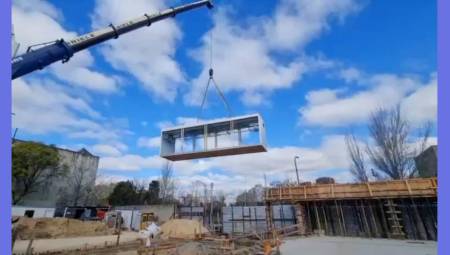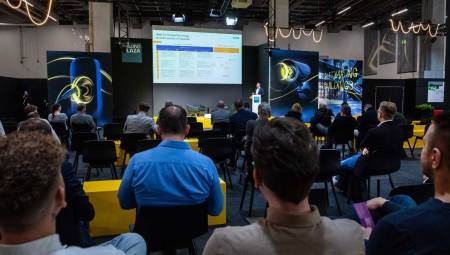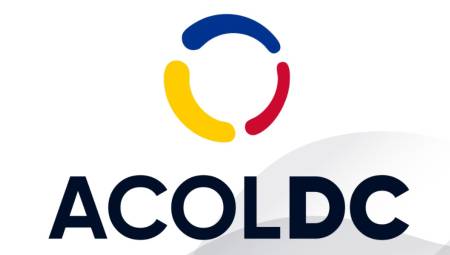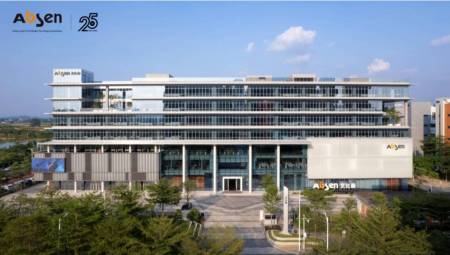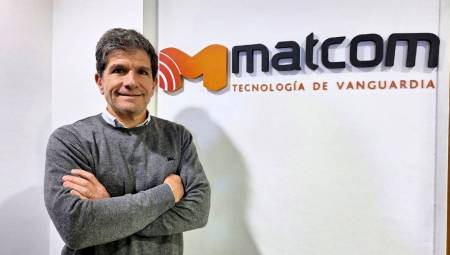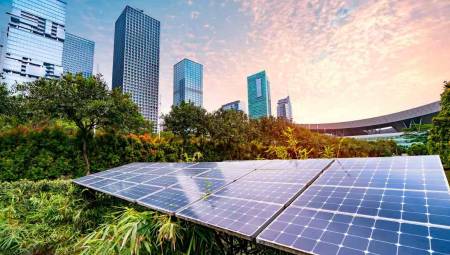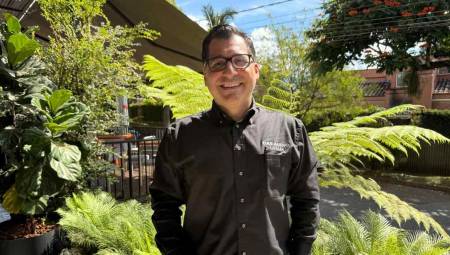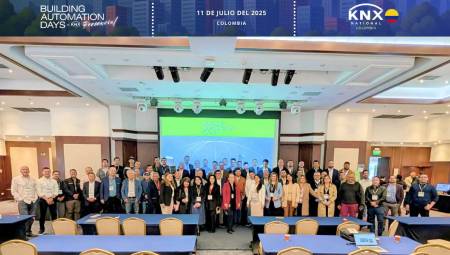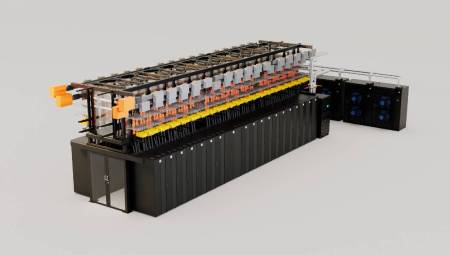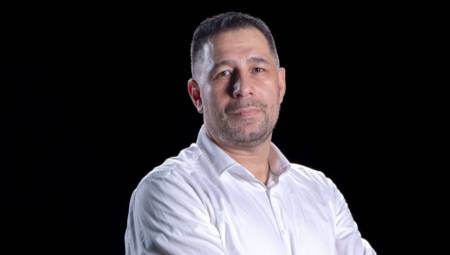 Central America. Panasonic reported on its participation in the new solar farm "El Ángel" located in El Salvador, one of the first green energy projects in Central America, which takes advantage of photovoltaic technology and the services of the Japanese company.
Central America. Panasonic reported on its participation in the new solar farm "El Ángel" located in El Salvador, one of the first green energy projects in Central America, which takes advantage of photovoltaic technology and the services of the Japanese company.
In the solar farm "El Ángel" more than 10 thousand photovoltaic panels and 99 inverters are used, for a capacity of 2.5 MegaWatts, enough to meet the current demand for electricity generation of 11,000kW per day.
"El Ángel" is a development of one of the main Central American business conglomerates, Grupo Simán, which through its industrial division seeks to promote businesses related to clean energy.
By participating in different tenders of the Salvadoran government, Grupo Simán obtained three contracts to provide energy to the different companies of the public electricity grid of El Salvador.
Thanks to the experience, technology and regional presence, Panasonic was selected by Grupo Simán to participate from the design of the project to the installation, supervision and maintenance of four systems, three with a capacity of 500kW and one more than 1MW. The first three are dedicated to the generation and supply of electricity from the contracts assigned via tender, while the fourth system produces the energy that meets the needs of a direct contract with one of the Salvadoran electricity companies.
For the establishment of the solar farm "El Ángel", Grupo Simán has taken advantage of the roof of a large warehouse of its property, located in the Apopa area in San Salvador, and a small area inside where the operation center is located. The project, which required five months of installation work, consists of 10,019 photovoltaic panels of 255W each and 99 inverters, all with Panasonic technology. Its implementation took place in March 2015 and since May of this year the operation is carried out completely.
By using online monitoring systems, the staff of "El Ángel" can easily supervise the operation of the solar farm. All panels and inverters are individually controlled, which speeds up the timely detection of possible failures, anticipates maintenance work and ensures both the performance and productivity of the farm.
In addition to providing part of the necessary electricity in El Salvador, the project also contributes to reducing CO2 emissions and providing a sample of space and resources for other companies in the region.







